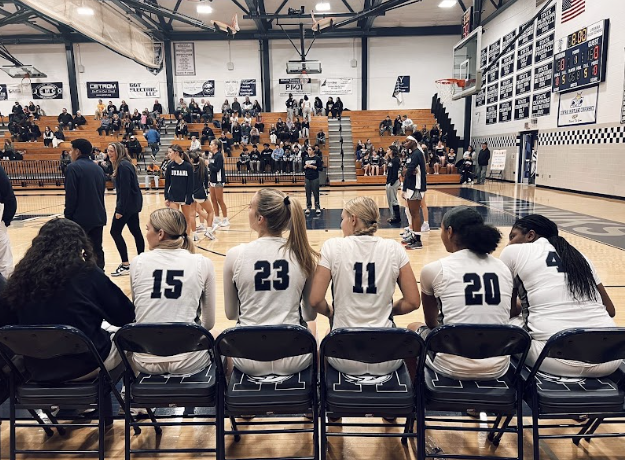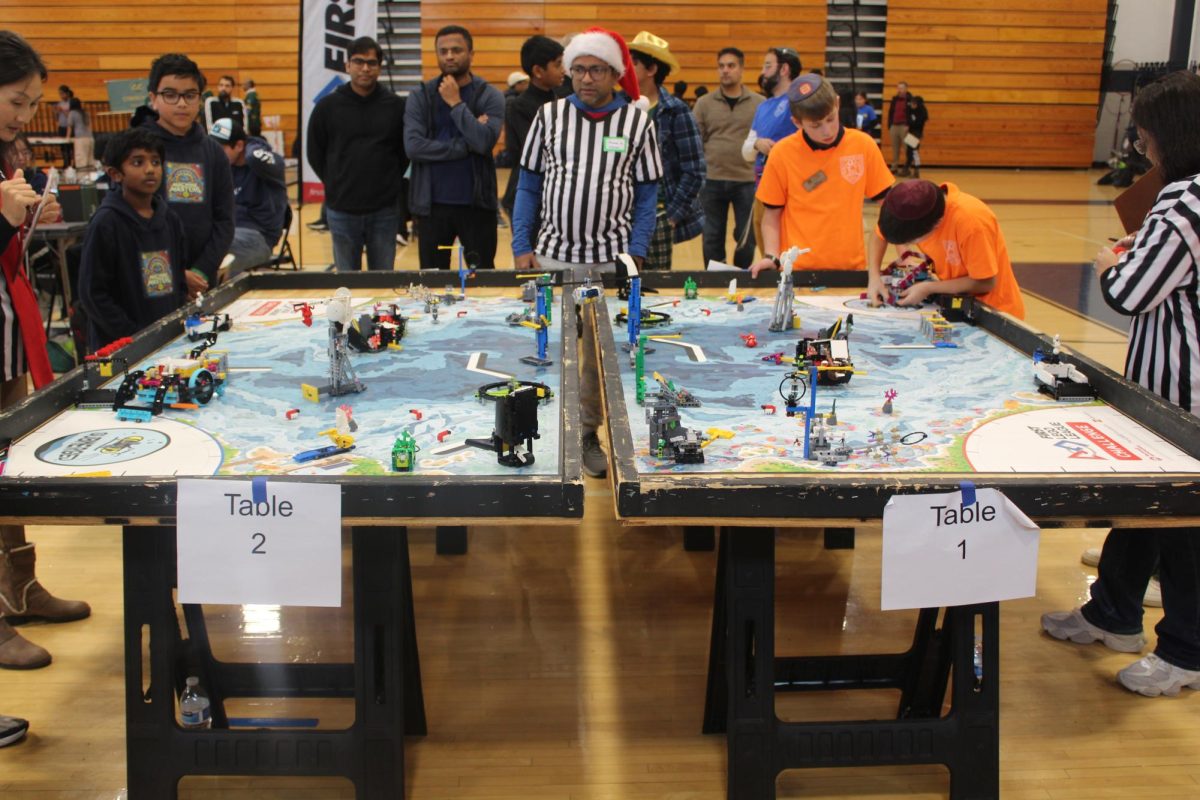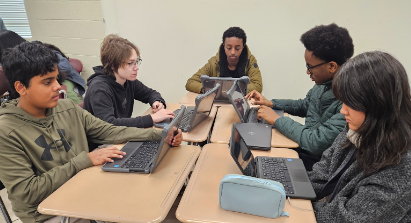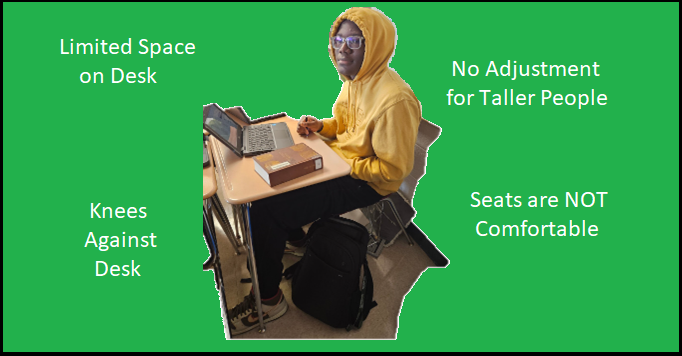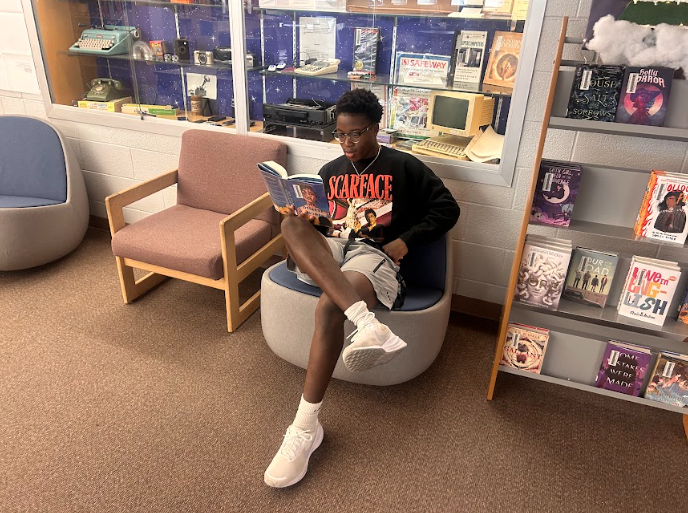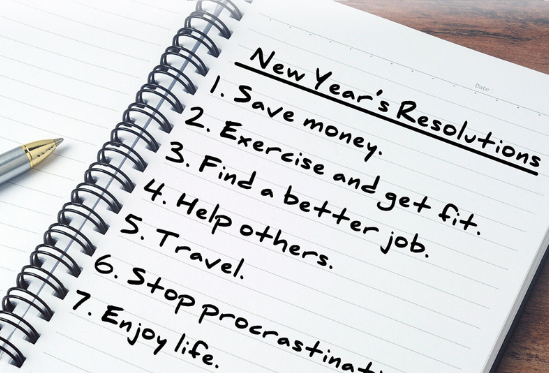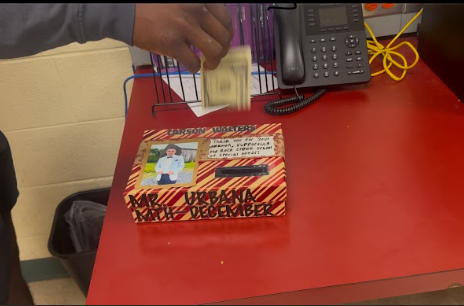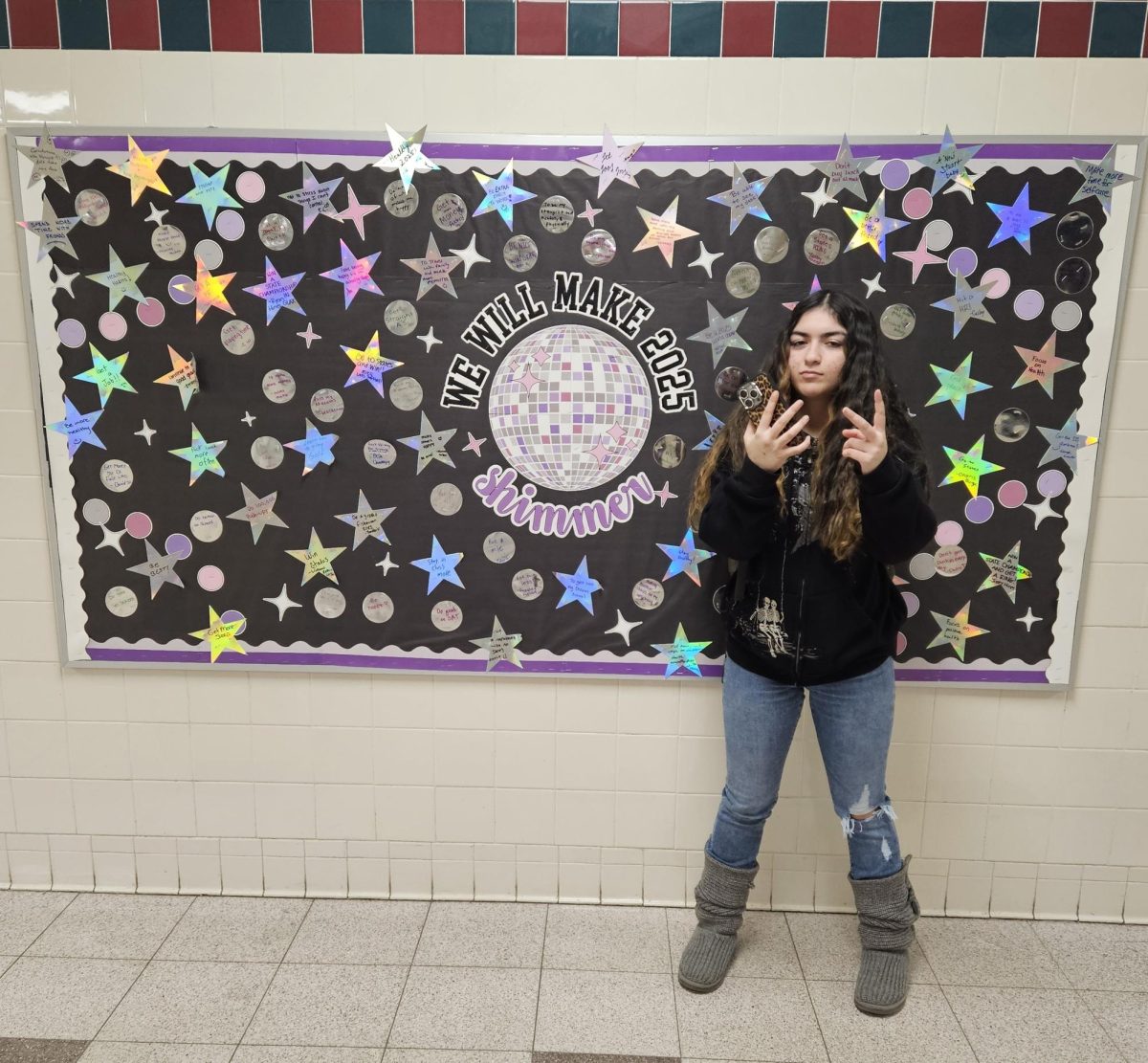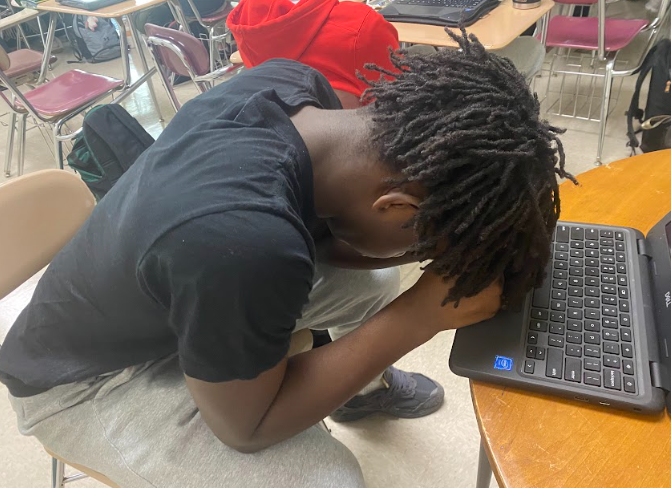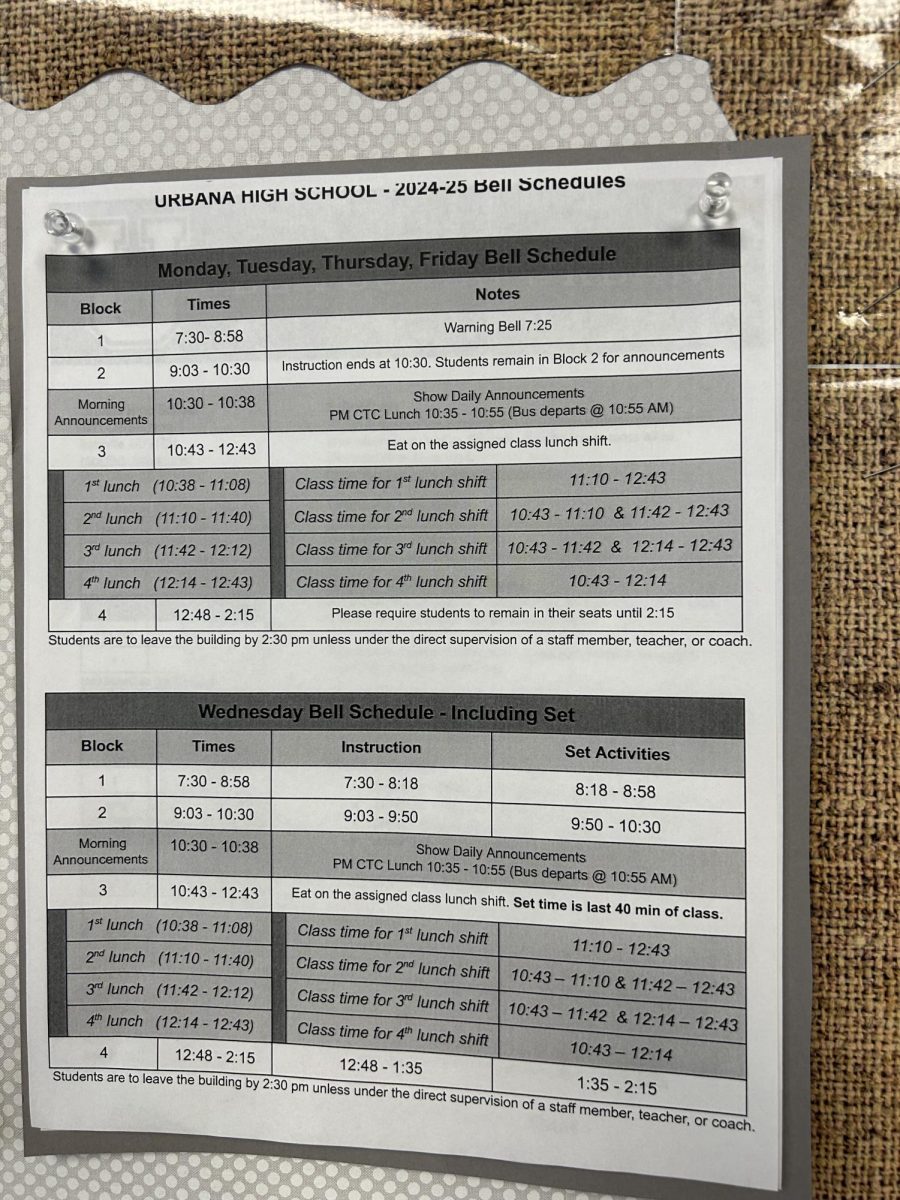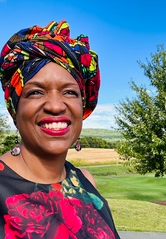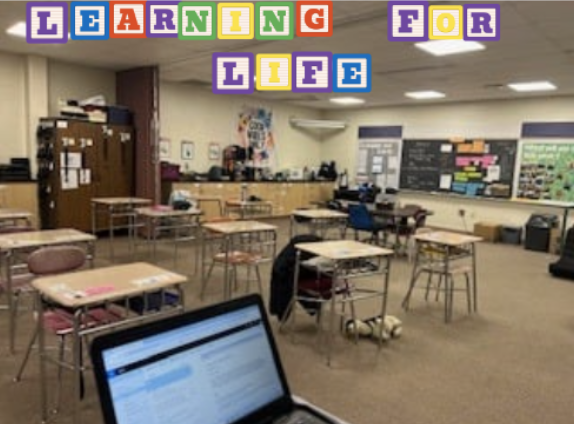How to practice the art of balance

October 16, 2020
What does it mean to have a good balance in your life? Does it mean being able to work then play or work and play? How does having balance in your life change it and why is it so important? These are questions I have asked myself, especially during high school, and the answers aren’t as simple as you think. In all honesty, I don’t know all the answers, but I’ll try my best to come up with some.
The typical teenager, such as yourself, has to juggle a lot within the four years spent in high school. You may be trying to maintain good grades, while being involved in one or more extracurricular, not to mention spending time with friends and family, and if you’re getting close to graduation, you have to worry about standardized testing and applying to college. Abby Carioti, a senior, said, “Right now with college applications coming up, I’m struggling to balance that, my regular classes, and attempting to make my senior year great. It’s caused me to be overly stressed. ” Which makes sense, considering that a poll taken had 63% of students saying balancing school along with other outside activities takes a lot from them; mentally and physically. It’s a lot to balance, and it can be hard to keep track of everything that you need to get done, which is where the idea of having balance comes from. A balanced lifestyle, according to Basic Healthy Living, says that it is composed of six elements, including “physical, mental, spiritual, financial, emotional, and social.” This means being able to equally balance our daily lives between these six components.
The six elements:
- Physical includes fitness, good sleep, proper nutrition, and creating good habits for your body. I suggest taking walks on a daily basis, making sure to be off your phone at least 30 minutes before you sleep, and eating all 3 meals with water.
- Mental is your mental health. Finding ways to keep yourself mentally healthy is always a good idea, and most ways also help reduce stress. This can include meditating, writing in a journal, and even exercising as a way to let out stress.
- Spiritual is the idea of understanding yourself, your goals and values, and your purpose. One way to understand yourself is taking note of how you react to certain situations and how they make you feel. In a sense, you have to do some “soul searching,” which can be fun if you want it to be. I suggest taking time to yourself and doing things that make you happy, remember that feeling.
- Finance tends to be something that most people stress over, so in order to decrease this stress and focus on other aspects of your life, understanding your finances and creating a budget is a great idea.
- Emotional deals with both positive and negative emotions. Understanding how both emotions affect you will help you figure out how to either keep the positive or combat the negative. For some people, emotions tend to be a leading factor in making decisions, you have to learn when to follow them or ignore them.
- Social is how and when you engage with those around you, including your friends and family. Making time for your loved ones is important. It is also good to talk to them about what may be causing you stress or anxiety.
All six of these elements are interconnected with each other, and having an equal focus on them all helps maintain a balance in your life. This is not to say that your life has to be planned out and can’t deviate from this plan. A senior who wished to stay anonymous said, “I’ve slowly been learning how to balance everything and even though it is challenging, having a good sense of what to do has made things easier.” Balance ultimately comes down to knowing who you are and what your priorities are. Learning the art of balance isn’t easy, and you most likely won’t know how to until later on in life. That’s okay. There’s a reason why you live and learn. Live through the chaos of your life and learn how to change it so that you can enjoy all aspects of it, with no regrets.




